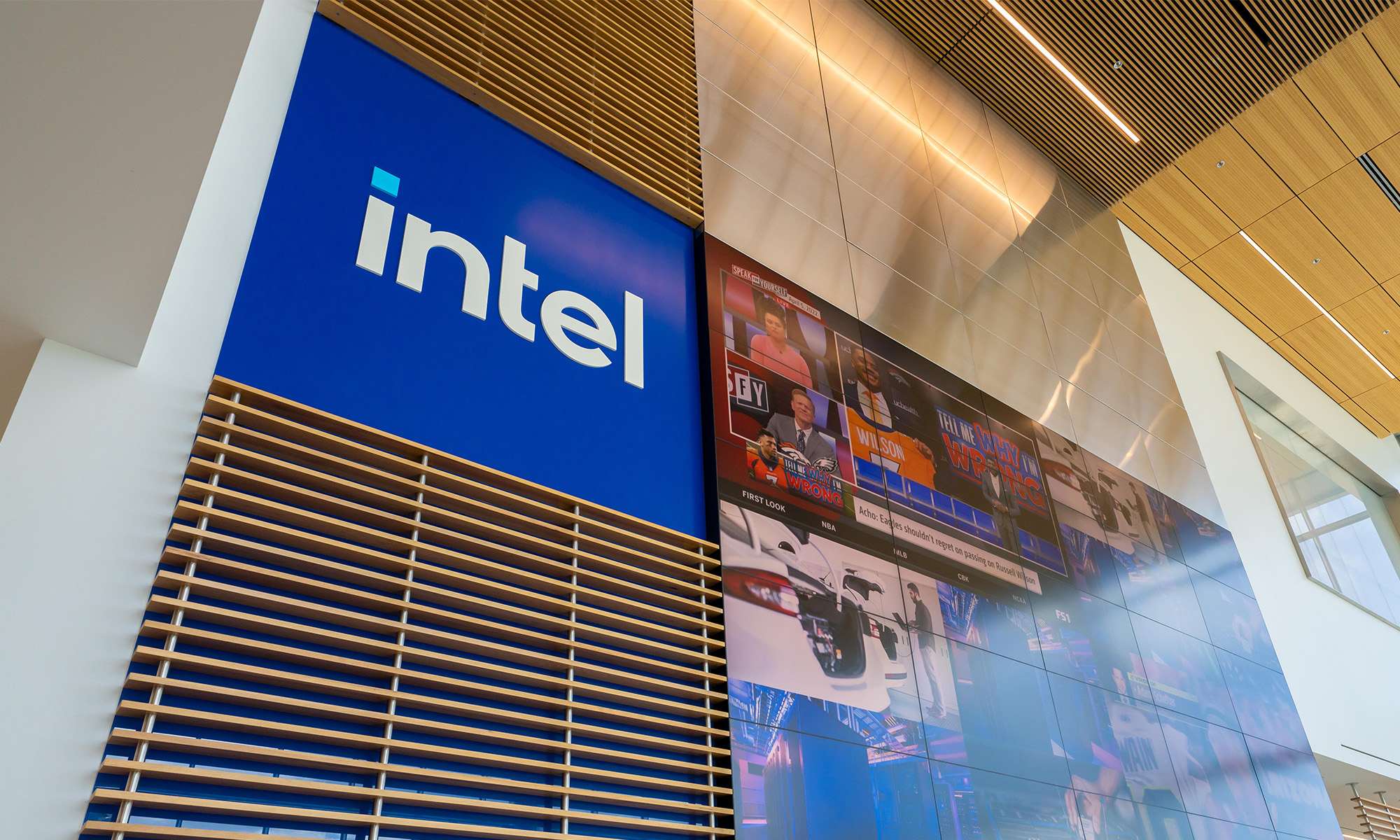In my book, chipmaker Intel (INTC 4.99%) has failed in the mobile market. The company has yet to produce a truly competitive product for any tier of the smartphone market, and given that it is scaling back its mobile-related investments (mobile related spending is expected to come down by about $1 billion from 2014 to 2016), it's hard to imagine that the company has aspirations of leadership here.
Seeking Alpha contributor Mark Hibben attributed this failure to two things in a recent column:
- A failure of technology; in particular, he blames the use of the x86 instruction set for Intel's product issues here; and
- a failure of business model in which he claims that Intel tried to apply the "commodity processor model" to an industry that isn't receptive to that.
Well, I don't think either of these two factors have much to do with Intel's failure in this space. Let me tell you why.
A failure of technology, yes, but x86 had little to do with it
A typical mobile system-on-chip is a very complex beast. It has multiple different, very critical intellectual properties, or IPs, integrated onto a single piece of silicon. Such IPs include CPU cores, memory controller, graphics processor, multimedia engines, image signal processors, and in some cases even cellular baseband processors.
In order for a chip company to deliver successful products in the mobile market, it needs to -- within a given segment -- offer competitive/leadership performance and capabilities in each of these areas. It's simply not enough to get one bit right but offer a product that's behind in many other crucial areas.
With Intel's mobile chips, the CPU was only one part of the problem. Furthermore, I believe that the issues on the CPU side had little to do with the X86 instruction set (since Intel was able to do a lot of legwork to enable X86 compatibility in most Android applications) but with the competitiveness of the underlying CPU designs which, as one chip expert said in a social media post, "largely decoupled from their [instruction set architecture]."
Intel simply did not design its Atom CPU cores with enough performance to really be competitive with its contemporaries.
Beyond that, though, in the chips it has released, Intel's graphics implementations were lacking, its imaging capabilities were well below that of the competition, and they have not had competitive cellular modem integration (Intel's only shipping part with a modem is a low-end chip with a 3G modem, hardly modern in this world).
I believe that if Intel had fielded competitive, x86-based mobile architectures, it could have been a strong No. 2 behind Qualcomm (QCOM 2.44%). However, it would seem that MediaTek has emerged as that solid second-place player.
What's wrong with the "commodity processor" model?
Another point Hibben makes is that Intel tried to apply the "commodity processor" model to this market, noting that major smartphone players like Apple (AAPL 1.72%), Samsung (NASDAQOTH: SSNLF), and Huawei have designed custom chips for their mobile devices.
The problem with this argument is that what he really seems to be saying is that there is no market for merchant silicon and that every smartphone vendor will build their own custom processors.
While it is true that it is now in vogue for mobile chip vendors to roll their own, it's hard to escape the fact that very few bespoke mobile chips have actually been superior to the "commodity" processors offered by Qualcomm.
Additionally, the premium portion of the market -- the only part of the market in which it would even make sense to try to develop custom chips -- is being dwarfed by the growth in the low-end and mid-range parts of the market.
However, if we assume that Hibben is right in that the "commodity processor" model isn't viable, then this means that no matter what, Intel never stood a chance in this market since it does not sell mobile devices; it is a chip/platform company. Based also on this reasoning, Qualcomm's chip business and MediaTek are destined to go out of business any day now!
In short, the merchant chip business is viable, but it requires that a company deliver leadership products at a good cost structure, something Intel was never really able to do in mobile.





